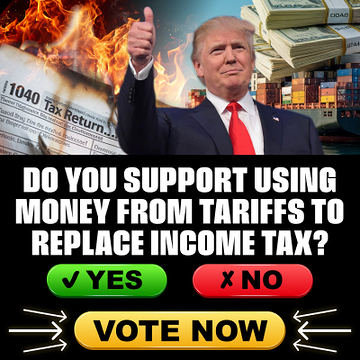Politics
JUST IN: Trump Files Legal Brief, Will Take Presidential Immunity Challenge To Supreme Court
Former President Donald Trump has filed a long-expected motion requesting a hold on an appeals court decision that rejected his claim that presidential immunity prohibits him from being prosecuted over his objections to the 2020 election results.
Trump has asked the Supreme court to pause the February 6 ruling from a three-judge panel of the U.S. Court of Appeals for the District of Columbia Circuit rejecting his claim of immunity from prosecution.
In a legal brief, the former president’s lawyers warned that “conducting a months-long criminal trial of President Trump at the height of election season will radically disrupt President Trump’s ability to campaign” against President Biden ahead of the 2024 election. Trump’s lawyers are asking the justices to halt the trial proceedings pending their request for the full slate of judges on the D.C. Circuit to reconsider the case.
If necessary, the case will be appealed to the U.S. Supreme Court.
The former president was initially slated for a March trial date on charges relating to Special Counsel Jack Smith’s January 6 case, though the case has already been removed from the docket. A new trial date has not been posted, nor is one expected until the appeals processes have played out.
The Supreme Court is already set to hear a case concerning the federal government’s use of a novel legal theory to bring felony “obstruction of an official proceeding” charges against hundreds of January 6 defendants. The legal theory also concerns half of Smith’s four-count indictment against the former president relating to the election challenges.
Trump’s lawyers have argued that allowing the case to proceed will have massive implications for presidential power, warning of additional politically motivated prosecutions and blackmail. “Without immunity from criminal prosecution, the presidency as we know it will cease to exist,” his lawyers wrote.
“Any decision by the president on a politically controversial question would face the threat of indictment by the opposing party after a change in administrations. All presidential decisions would be exposed to undue, wrongful pressure from opposing political forces, under a threat of indictment after the president has left office,” the brief continued.
“The threat of prosecution will become a political cudgel used to influence the most sensitive and important presidential decisions with the menace of personal vulnerability after leaving office,” they added.
In the February 6 ruling, the D.C. appeals court argued that “risk that former presidents will be unduly harassed by meritless federal criminal prosecutions appears slight.”












